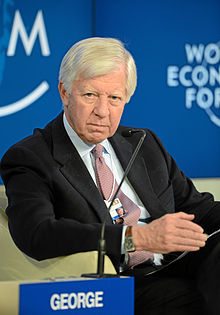What Not to Say to a Stressed-Out Colleague
by Holly Weeks
I was recently stressed out and sleepless because I had to tell a difficult senior colleague something he was not going to want to hear — and I always dreaded his angry, high-volume pushback when it was directed at me. An acquaintance listened to me, nodded quietly, and said, “People have yelled at me for far less.” His manner and his words shifted my perspective by normalizing the conversation that lay ahead. Instead of seeing the upcoming difficult conversation as a black hole sucking in all my wellbeing — which is how stress made it appear to me — I realized that these things happen, that yes, they are unpleasant, but the world continues to turn.
I have never known a stressed-out person who was helped by the suggestion: “You shouldn’t stress out.” Helping someone think differently about a stressful situation is likely to work better. In truth, some help is simply more helpful than other help. If you want to support a stressed-out colleague, it can be helpful to know what not to say.







